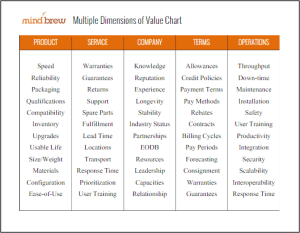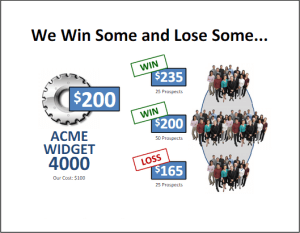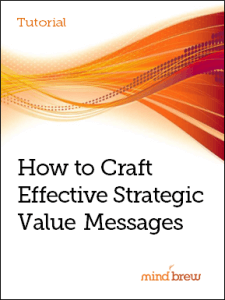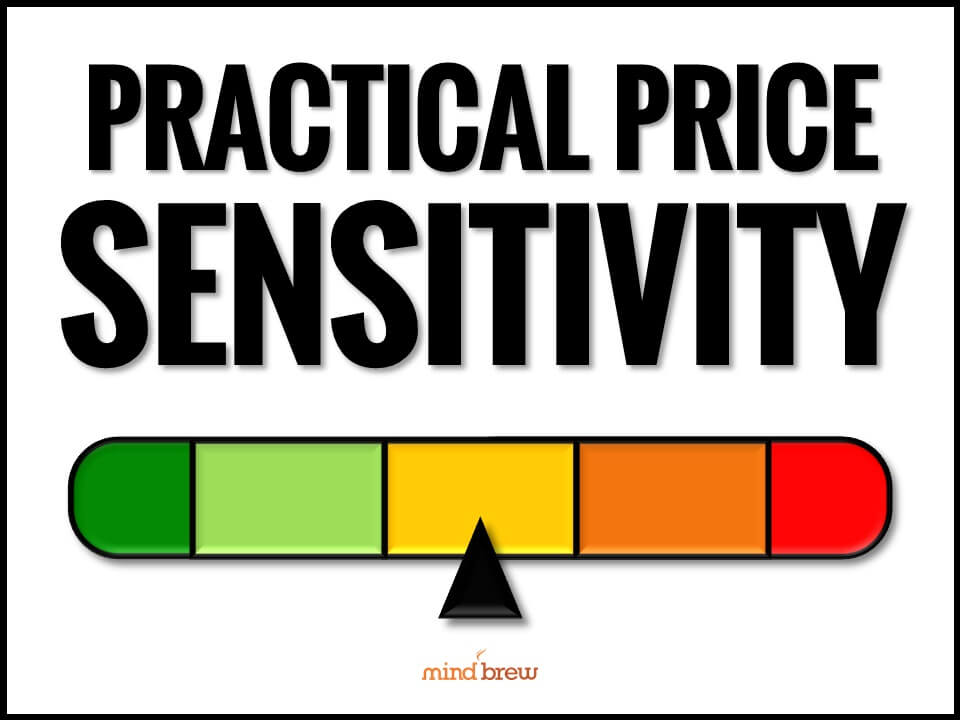One of the more interesting branches of psychology considers why human beings make the decisions we do. We like to think that we are completely rational beings who usually (if not always) make decisions for completely logical reasons.
But the truth is that countless psychological studies have proven that humans are really, really bad at decision-making. In fact, we frequently make decisions that practically guarantee terrible things will happen.
Why are we so stupid?
It turns out that our behavior is governed by a whole lot of psychological instincts that are hard to override. In some cases, even when we know that we are making an illogical decision because of a psychological effect, we find ourselves powerless to do anything else.
So what are these psychological principles that govern our decision-making? There are dozens, but here are four that we find particularly interesting:
1. The Pandora Effect: You remember the myth of Pandora? She was so curious that she couldn’t resist opening a box that allowed all kinds of evil to escape into the world. And then she opened the box one more time to allow hope out as well.
As you might expect, the Pandora Effect is all about curiosity. We simply can’t stop ourselves from satisfying our curiosity, even if we know that the result might be bad. In lab situations, people were shown buttons, some of which were labeled with the sounds they would produce, and some of which had only question marks. People couldn’t stop themselves from pushing the question mark buttons, even when they were told the resulting sound might be something awful like fingernails on a blackboard, horrifying screams, or Justin Bieber’s music (we’re kidding about that last one).
In the real world, we see the Pandora Effect every time there is a car accident. People can’t stop themselves from slowing down to rubberneck, even though they know it slows down the traffic — and even if they have just spend an hour cussing at all the other drivers for doing the same thing.
2. Near-Miss Effect: The makers of slot machines (and video games) use a whole host of psychological tricks to get people to keep playing (and spending). One of the most insidious is the Near-Miss Effect.
You see, gamblers aren’t making rational decisions about whether or not they should keep gambling (obviously). If they were, they would soon realize that they lose most of the time, so there is no point to continuing to pull the handle.
But the gamblers don’t feel like they are losing. They feel like they are almost winning, especially when the slot machine shows two cherries lined up and they only needed a third to hit the big jackpot. The Near-Miss Effect compels them to keep trying because they feel like they are coming oh-so-close.
3. Status Quo Bias: If you’re a frequent PricingBrew reader, you might have heard us talk about this one before. People have a natural tendency to prefer things to continue the way they already are.
You can see this in effect at election time. People who go into the voting booth unprepared or uncertain about what the different candidates believe tend to pick the incumbent. It’s not necessarily that they particularly like the current officer-holder, it’s just that the figure the devil they know is preferable to the devil they don’t know.
This also comes into play any time you try to introduce a new pricing initiative at work. Unless you use appropriate change management techniques, you’ll likely encounter resistance no matter how rational and necessary your proposed plans may be.
4. Assuming Rationality: This last one doesn’t come so much from psychological studies as from what we have observed ourselves. People in pricing tend to believe that customers will behave logically and rationally — even though they know that they themselves don’t always behave rationally.
This may be the most dangerous psychological instinct of all, because it negates anything you might have learned from studying psychology.
If you want to be effective as a pricing practitioner, you cannot assume that people will behave completely logically. In fact, customers’ emotions will likely have a much bigger impact on behavior that logical thought ever does.
To learn more about why this so and what psychological factors influence customers in B2B buying situations, we recommend the webinar Pricing Psychology in B2B. It covers the basics of how you can use psychology to your advantage in pricing and communication with prospects.
You can’t always stop people (even yourself) from behaving instinctively, but you can leverage those instincts for your own purposes.














